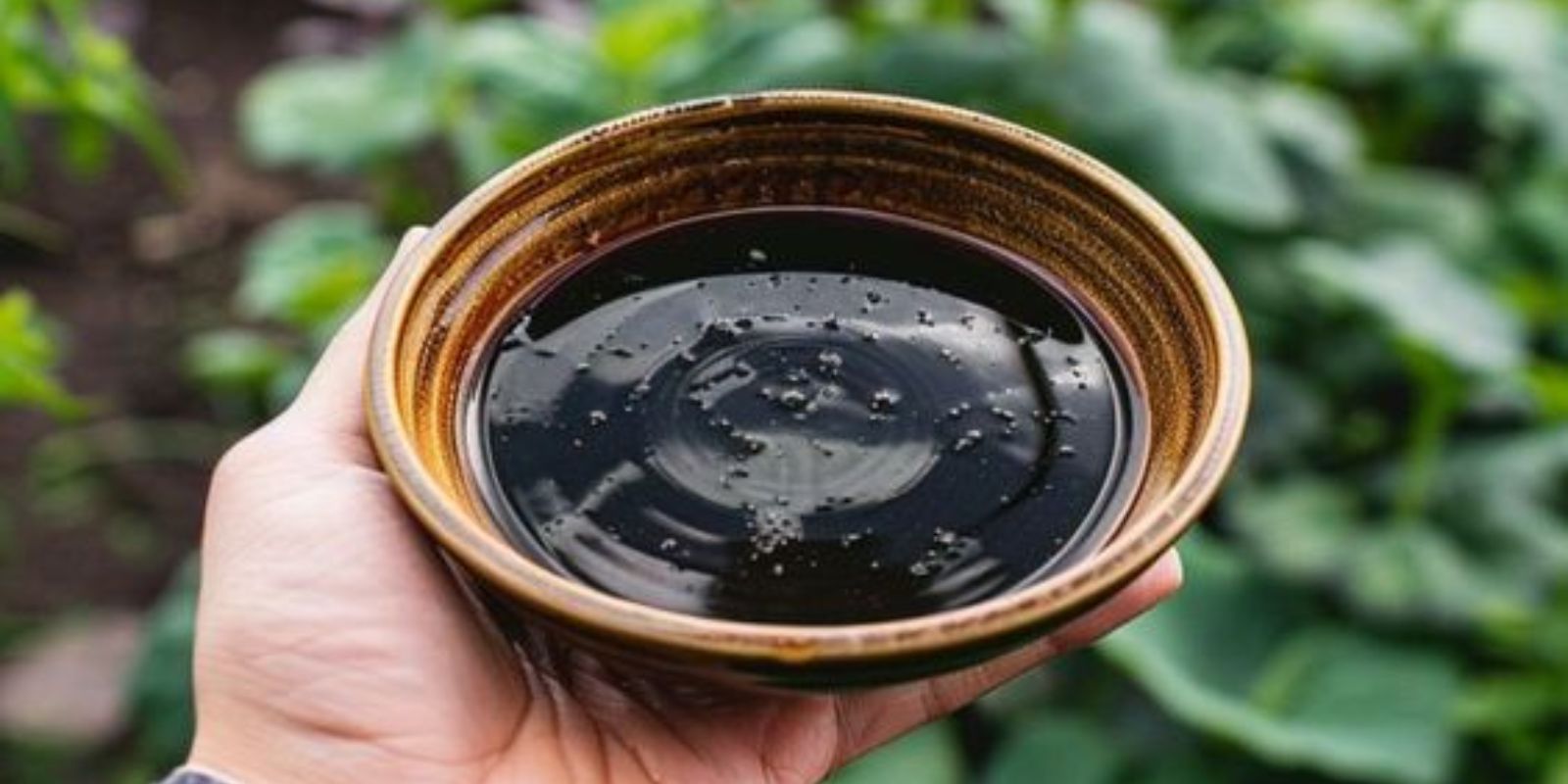Tomatoes, peppers, and cucumbers are staples in many home gardens, prized for their flavor and versatility in the kitchen. However, growing these vegetables successfully requires more than just planting seeds or seedlings in the ground. One key element can make a significant difference in the health and productivity of your plants: organic compost. This article will explore why compost is essential for your garden, how to use it effectively, and the benefits it brings to your tomatoes, peppers, and cucumbers.
Introduction
Organic compost is often referred to as “black gold” by gardeners for a good reason. It’s a rich, nutrient-dense material that enhances soil structure, improves water retention, and provides a slow-release source of nutrients to plants. If you’re looking to maximize the yield and health of your tomatoes, peppers, and cucumbers, incorporating compost into your gardening routine is a must. Let’s dive into the steps for using compost effectively and the myriad benefits it brings to your plants.
Why Organic Compost is Essential
Compost is decomposed organic matter that enriches the soil with essential nutrients and beneficial microorganisms. Here’s why compost is vital for your garden:
- Nutrient-Rich: Compost provides a balanced mix of essential nutrients, including nitrogen, phosphorus, and potassium, which are crucial for plant growth.
- Improves Soil Structure: Compost helps create a loose, well-draining soil structure, allowing roots to penetrate easily and access nutrients.
- Enhances Water Retention: Compost increases the soil’s ability to retain moisture, reducing the need for frequent watering.
- Supports Beneficial Microorganisms: Compost introduces beneficial microorganisms into the soil, which help break down organic matter and make nutrients more accessible to plants.
Steps to Use Compost for Tomatoes, Peppers, and Cucumbers
To reap the benefits of compost, follow these steps to incorporate it into your gardening routine:
- Choose Organic Compost:
- Select high-quality organic compost from a reliable source. Look for compost that is dark, crumbly, and has an earthy smell, indicating it is fully decomposed and nutrient-rich.
- Prepare the Planting Area:
- Before planting, work the compost into the soil. Spread a layer of compost about 2-3 inches thick over the planting area and mix it into the top 6-8 inches of soil. This ensures the nutrients are evenly distributed and accessible to the plants’ roots.
- Add Compost at Planting Time:
- When planting tomatoes, peppers, or cucumbers, place a handful of compost directly into each planting hole. This gives the young plants a nutrient boost right from the start, promoting strong root development and early growth.
- Top Dress Regularly:
- To maintain nutrient levels throughout the growing season, top dress your plants with compost every few weeks. Spread a thin layer of compost around the base of the plants, avoiding direct contact with the stems. Gently work the compost into the top layer of soil and water thoroughly.
- Use Compost Tea:
- Another effective way to provide nutrients is by making compost tea. Fill a container with compost and water, let it steep for a few days, then strain the liquid and use it to water your plants. Compost tea delivers nutrients directly to the roots and boosts plant health.
- Monitor Plant Health:
- Keep an eye on your plants’ growth and health. Healthy plants should show vibrant green leaves, strong stems, and steady growth. If you notice any signs of nutrient deficiency, such as yellowing leaves or stunted growth, apply additional compost to address the issue.
Benefits of Using Compost for Tomatoes, Peppers, and Cucumbers
Using compost in your garden offers numerous benefits that can significantly enhance the health and productivity of your tomatoes, peppers, and cucumbers:
- Enhanced Growth:
- The slow-release nutrients in compost provide a steady supply of essential elements, supporting robust plant growth and development.
- Improved Yield:
- Well-nourished plants produce more flowers and fruits, leading to higher yields. Compost helps ensure your tomatoes, peppers, and cucumbers reach their full productive potential.
- Better Disease Resistance:
- Compost improves soil health by promoting beneficial microorganisms that help suppress soil-borne diseases. Healthy plants are also more resistant to pests and diseases, reducing the need for chemical interventions.
- Healthier Soil:
- Over time, regular compost application improves soil structure, fertility, and overall health. Healthy soil supports a diverse ecosystem of organisms that contribute to long-term garden sustainability.
- Environmental Benefits:
- Using compost reduces the need for synthetic fertilizers, which can leach into waterways and harm the environment. Composting also recycles organic waste, reducing landfill contributions and greenhouse gas emissions.
- Cost-Effective:
- Making your own compost from kitchen scraps, yard waste, and other organic materials is a cost-effective way to enrich your garden without relying on expensive commercial fertilizers.
Engage
Don’t let your tomatoes, peppers, and cucumbers struggle in poor soil. Embrace the power of compost and watch your garden thrive! Have you tried using compost in your garden? Share your experiences and tips for growing healthy, productive plants with us in the comments below!
Conclusion
Organic compost is a gardener’s best friend, offering a natural, sustainable way to nourish your plants and improve your soil. By incorporating compost into your gardening routine, you can ensure that your tomatoes, peppers, and cucumbers have the nutrients they need to grow strong and produce bountiful harvests. From improving soil structure and water retention to enhancing disease resistance and yield, the benefits of compost are undeniable. Start using compost in your garden today and experience the transformative power of this “black gold” for yourself. Happy gardening!

